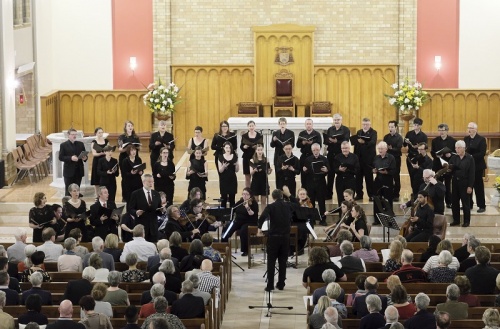
A modest audience gathered at St Christopher’s Cathedral in Manuka on Saturday to hear Canberra Bach Ensemble perform “O Eternity, you Thunder-Word!” four Bach cantatas on texts by theologian Johann von Rist.
The repertoire was meticulously prepared and rehearsed by director Andrew Koll, a Bach expert in his own right, educated here in Canberra.
This concert almost didn’t happen. String leader Leanne Bear fell ill at the last moment. Her husband Tor Fromyhr was fortunately able to step in, learning the difficult violin part in a short time. Without stable financial backing, this concert was crowdfunded – and yet, what transpired was one of the most accomplished performances of baroque music this reviewer has heard in years.
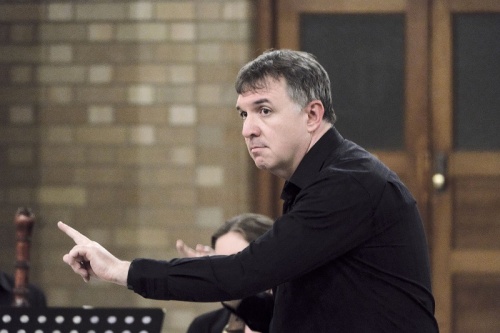
Tenor Richard Butler paired lyric baroque timbres with proficient German diction. Complicated passages were produced with effortless agility. Alto Maartje Sevenster, joining Butler for the duet “O Menschenkind…” revealed a controlled light mezzo tone and an accomplished sense of ensemble. Andrew Fysh’s bass recitatives, against continuo organ, and his subsequent Aria, were so weightless as to be almost Mozartian.
“O Ewigkeit, du Donnerwort” II BWV 60, for choir, solo voices, oboes d’amore, tromba/horn, strings and basso continuo, opened with one of two major highlights of this concert, both of them chorales.
The choir was magnificent, Butler’s phrases wove in and out of complex textures like threads, the unmistakable sound of baroque strings supporting the voices. Koll’s timing was as dramatic as a dancer.
Between opening and closing chorales, the theological debate between fear (alto) and hope (tenor) unfolded in ominous recitatives, or in duets and arias. Sevenster was in her element. To ‘fear’ she gave strong, well placed tones, coloured with senza vibrato ornaments in the baroque style. Fysh brought gravitas and serenity with controlled long phrases.
“Herr, gehe nicht ins Gericht” BWV 105 for choir, solo voices, tromba (corno) da tirersi, 2 oboes, strings and basso continuo, introduced soloist Greta Claringbould with an aria for soprano and oboe “Wie zittern…”
This cantata opened with the second highlight, of this concert and perhaps one of Bach’s most lovely choral works, “Herr, gehe nicht ins Gerich.” you could hear every line with perfect clarity. The skill with which Koll directed individual mellisma, while maintaining clear formal articulation, was breathtaking.
“Jesu, der du meine Seele” BWV 78 for choir, solo voices, transverse flute, 2 oboes, corno, strings and basso continuo, brought the evening to a close with an elaborate fusion of passacaglia and chorale fantasia forms.
Between two stunning chorales, Claringbould and Sevenster’s duet “Wir eilen…” unfolded in joyful ascents. Fysh’s final aria, “Nun du wirst mein Gewissen stillen” conveyed deep reverence with his artful ornamentation. The chorus brought pathos to “Jesu, der du meine Seele,” one of Bach’s great Passion pieces.
Who can be trusted?
In a world of spin and confusion, there’s never been a more important time to support independent journalism in Canberra.
If you trust our work online and want to enforce the power of independent voices, I invite you to make a small contribution.
Every dollar of support is invested back into our journalism to help keep citynews.com.au strong and free.
Thank you,
Ian Meikle, editor
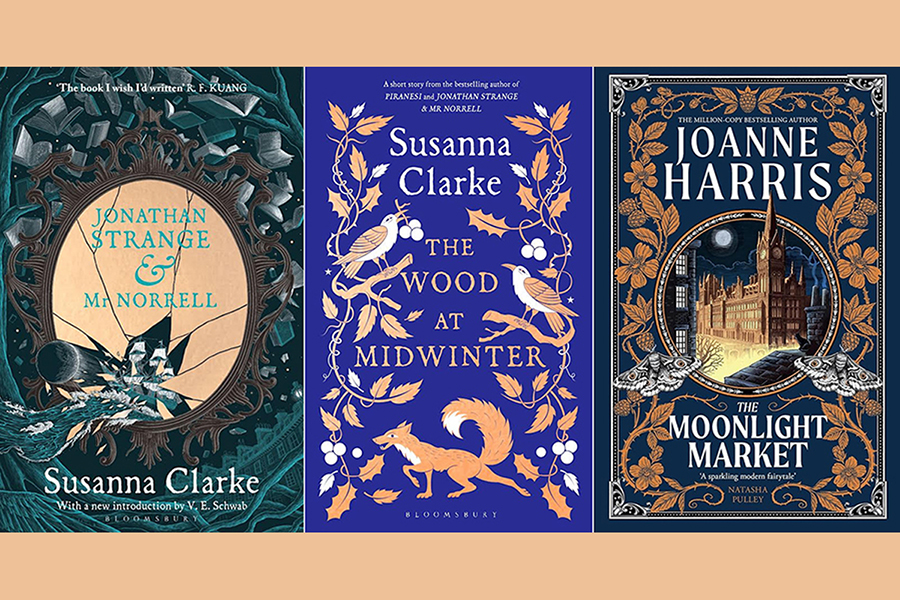
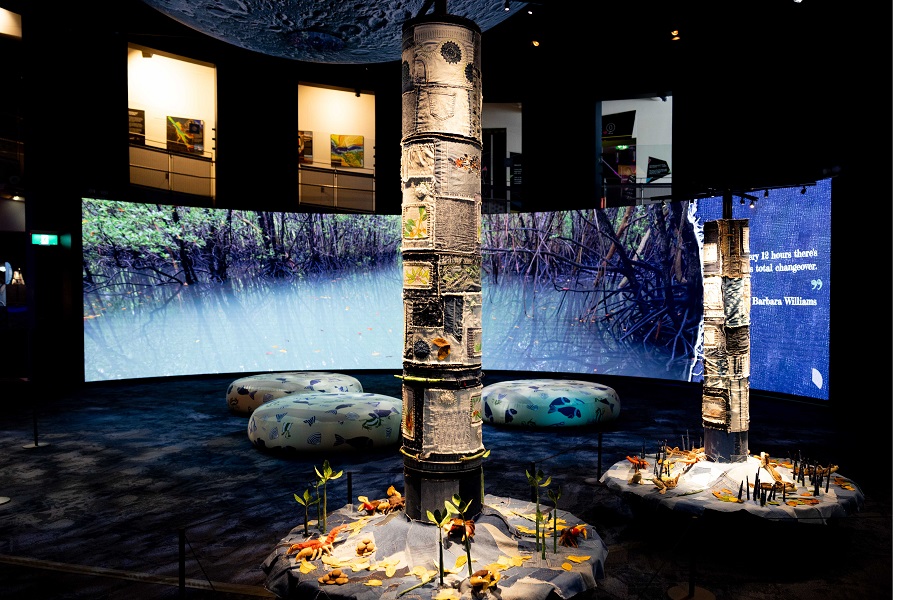
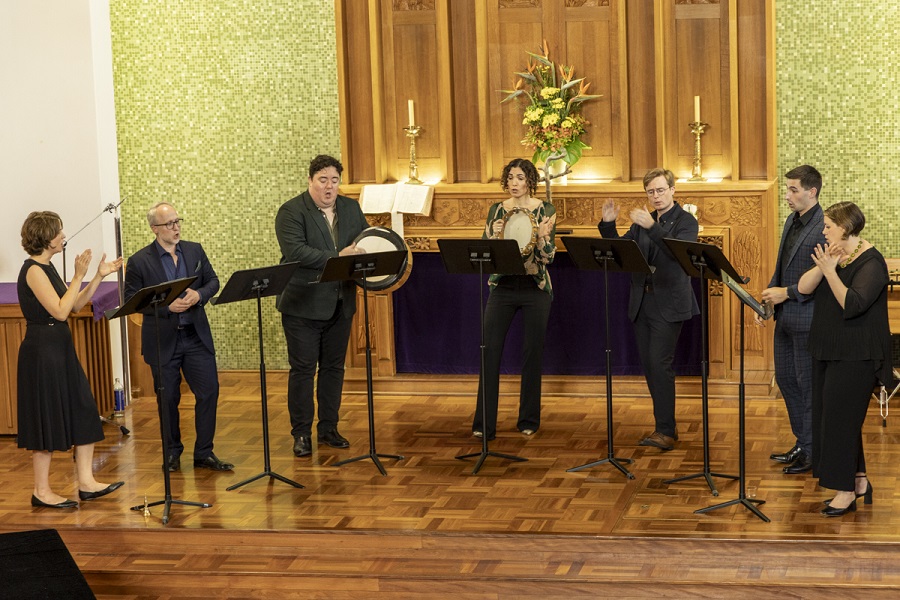





Leave a Reply